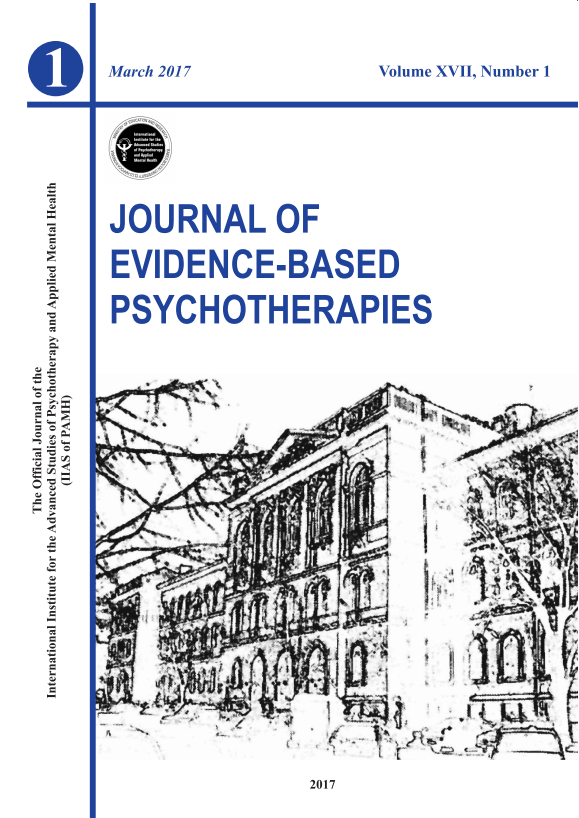simelparlak@gmail.com
Simel Parlak1, Neslihan Yaman2, İbrahim Hakkı Acar3*
1 Associate Professor, PhD, Department of Psychology, Yalova University, Yalova, Türkiye. Adress: Yalova University, Yalova, Türkiye. E-mail: simelparlak@gmail.com – ORCID: https://orcid.org/0000-0002-8651-2693
2 Assistant Professor, PhD, Department of Psychology, Yalova University, Yalova, Türkiye. Address: Yalova University, Yalova, Türkiye. E-mail: nesli_balci@hotmail.com – ORCID: https://orcid.org/ 0000-0003-0324-2390
3 Professor, PhD, Department of Psychology, Faculty of Social Sciences, Özyeğin University, Cekmekoy Campus, 34794 Cekmekoy – Istanbul, Türkiye. E-mail: ibrahim.acar@ozyegin.edu.tr – ORCID: http://orcid.org/0000-0003-4007-5691
Abstract
The current study aimed to examine the direct and indirect contributions of mothers’ early attachment to their parents (emotional warmth and overprotection) and approaches to children’s emotions in mother-child relationship. The study sample consisted of 358 mothers of young children. Mothers’ ages ranged from 20 to 53 (M=34.81, SD=4.90), and the children’s ages ranged from 16 to 111 months (M=54.70, SD=19.44). Mothers reported their attachment to their parents (mothers and fathers), approaches to children’s emotions, and mother-child relationship. Findings from the structural equation model showed that mothers’ perceived emotional warmth from their parents was positively related to avoidance of their child’s emotions and orientation child’s emotions in the current context; overprotection experienced by mothers from their parents was positively associated with avoidance of their child’s emotions in the current context. In addition, mothers’ emotional warmth from their parents was indirectly related to mother-child relationship via mothers’ orientation to child emotions. Overprotection experienced by mothers from their parents was indirectly related to mother-child relationship via avoidance of child emotions. Results highlight the potential transmission of relationship patterns between generations through emotional approaches.
Keywords: mothers, attachment, emotional approach to child, parent-child relationship.
Please cite this article as:
Parlak, S., Yaman, N., & Acar, İ. H. (2025). The Associations Among Mothers’ Attachment to Their Parents, Approaches to Child Emotions, and Parent-Child Relationship. Journal of Evidence-Based Psychotherapies, 25(1), 129-152.
DOI: 10.24193/jebp.2025.1.6
Published online: 2025/03/01
Published print: 2025/03/01
